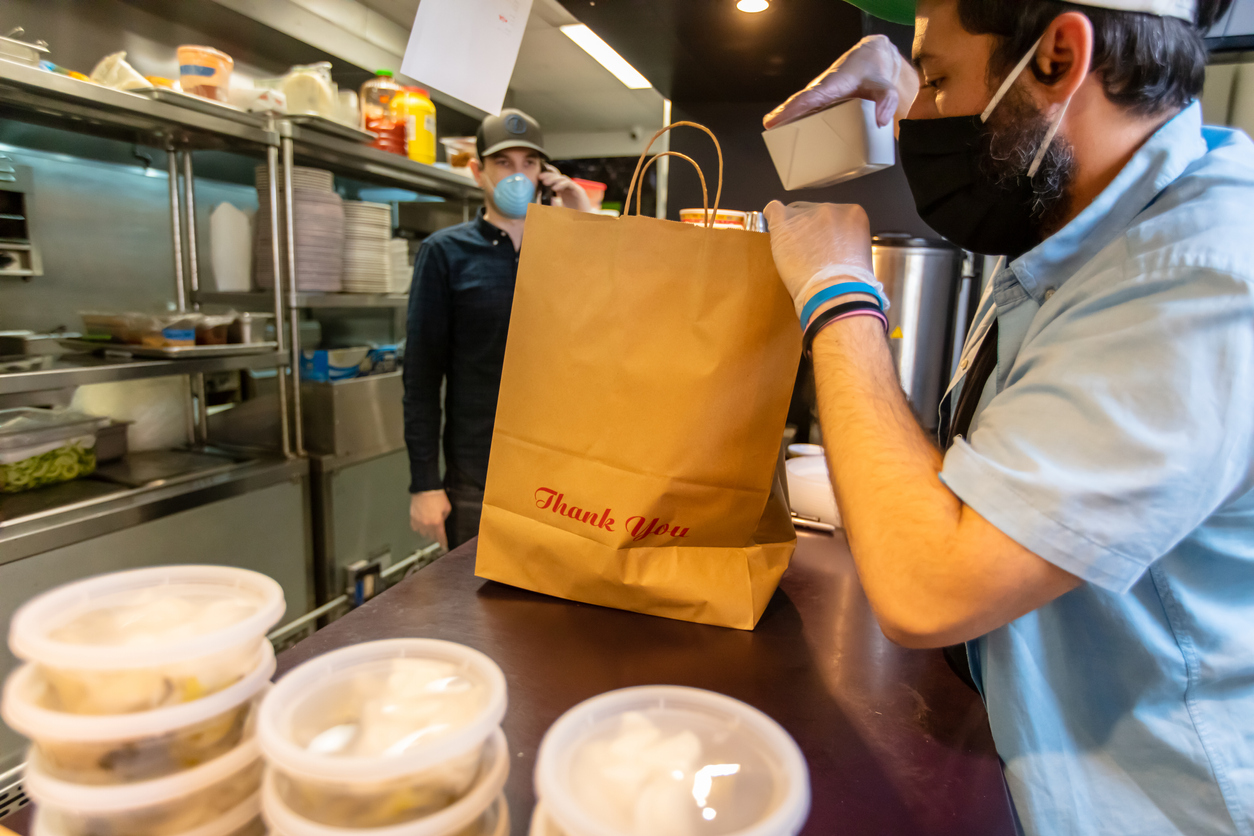For the past few decades, cities have addressed food insecurity and malnourishment and other inequities in their food systems by adopting policies closely linked to food access and nutrition, like financial support for new supermarkets or healthier standards for institutional food.
In a new paper in the journal Food Policy, CUNY SPH Associate Professor Nevin Cohen and Rositsa Ilieva, Project Director at the CUNY Urban Food Policy Institute, argue that while necessary, these narrowly focused food policies have been insufficient. The authors present the case of New York City, where the growing political salience of social justice has led officials to develop policies to protect food workers and raise the minimum wage, build affordable housing, offer universal free school food, and address other upstream determinants of diet-related health disparities.
“The shift upstream has been particularly relevant during the COVID-19 pandemic, as the resulting economic recession has significantly widened disparities in food insecurity and hunger,” Cohen says.
Cohen and Ilieva explain that by enacting policies in a broader range of domains like labor, housing, and education, which are seldom within the purview of food policy staff, cities can tackle the root causes of food insecurity and malnourishment and more effectively advance food justice.



